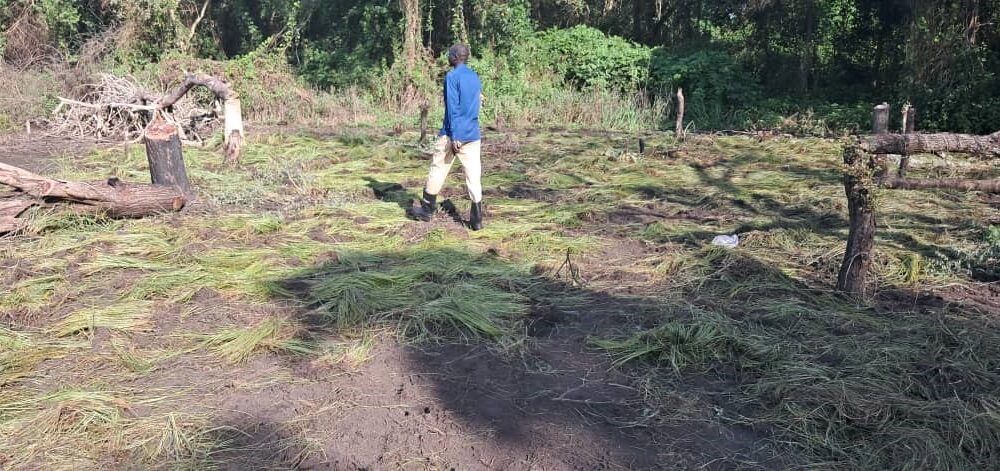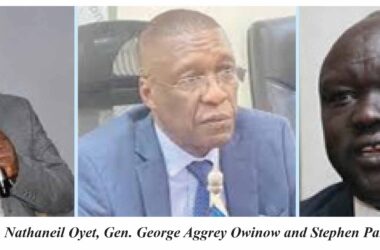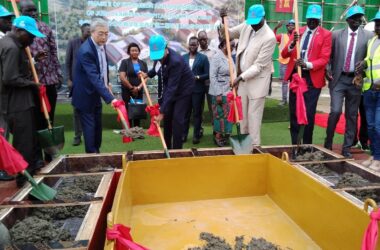By Manas James Okony
Farmers in the border town of Pochalla are confronting significant challenges as the cultivation season sets in.
Agriculture, a vital backbone of economies worldwide, plays a crucial role in supporting livelihoods, providing food security, and fostering economic development.
The importance of agriculture cannot be overstated; it accounts for a significant portion of gross domestic product (GDP) in many developing countries and is a key source of employment, particularly in rural areas.
Pochalla is situated in the Greater Pibor Administrative Area (GPAA) of South Sudan, an area that has experienced extensive flooding over the past two years, devastating vast swaths of arable land and disrupting agricultural production.
In many developing regions, agriculture is not just a way of life; it is the main source of income for families and the engine of local economies.
However, Pochalla farmers are now racing against time to cultivate their land and recover from last year’s losses as the rainy season begins.
As local farmers embark on this critical period of farming, they are appealing for support to enhance agricultural production, facing shortages of seeds and necessary implements.
Speaking to No. 1 Citizen Daily Newspaper on Tuesday, several farmers expressed cautious optimism about the upcoming planting season, though they acknowledged the challenges ahead could hinder their progress.
Ojulu Oju, a farmer and parish priest at a Presbyterian church, emphasized the area’s agricultural potential.
“In Pochalla, we cultivate at least twice a year. This season is promising because the rains are good,” he stated, highlighting the vital link between favorable weather conditions and productive farming.
However, he noted serious systemic issues: “Our challenges are the lack of market access, poor roads, and inadequate farm tools and equipment.”
The potential for agricultural productivity in Pochalla is significant. The region’s favorable climate and strong farming community present an opportunity to contribute meaningfully to the country’s food supply, provided that they receive the necessary assistance.
Ojulu underscored, “If we are supported, we have the potential to feed the country,” reflecting a sentiment shared among many members of the farming community.
Another farmer, Ochalla Nyigwo, advocated for the introduction of modern farming technologies.
“Here, we rely on traditional farming methods and local seeds,” he said. “We appeal for support with modern agricultural tools and equipment, including tractors. We also want to diversify our crops by introducing vegetables, as we currently only have seeds for maize and dura.”
The situation calls for urgent intervention. Othow Okoti, the Commissioner of Pochalla South County, acknowledged the farmers’ struggles and noted that while he has been made aware of these challenges, the county lacks the necessary resources to provide assistance.
“Challenges regarding the lack of farm tools and seeds have been brought to our attention, and we have forwarded these concerns to the GPAA leadership,” he stated. “As a county, we lack the resources to address the concerns of our farmers. We therefore appeal to our partners to support our farmers with skills, tools, and seeds.”
Agriculture stands as a resilient pillar of the economy in regions like Pochalla, capable of fostering resilience and driving growth.
However, without adequate support and investment, these farmers may continue to struggle against both environmental challenges and systemic barriers that hamper their ability to thrive and contribute to the local and national economy.
The call for support is not just about survival; it’s about unlocking the agricultural potential that exists in Pochalla and ensuring food security for the wider community




